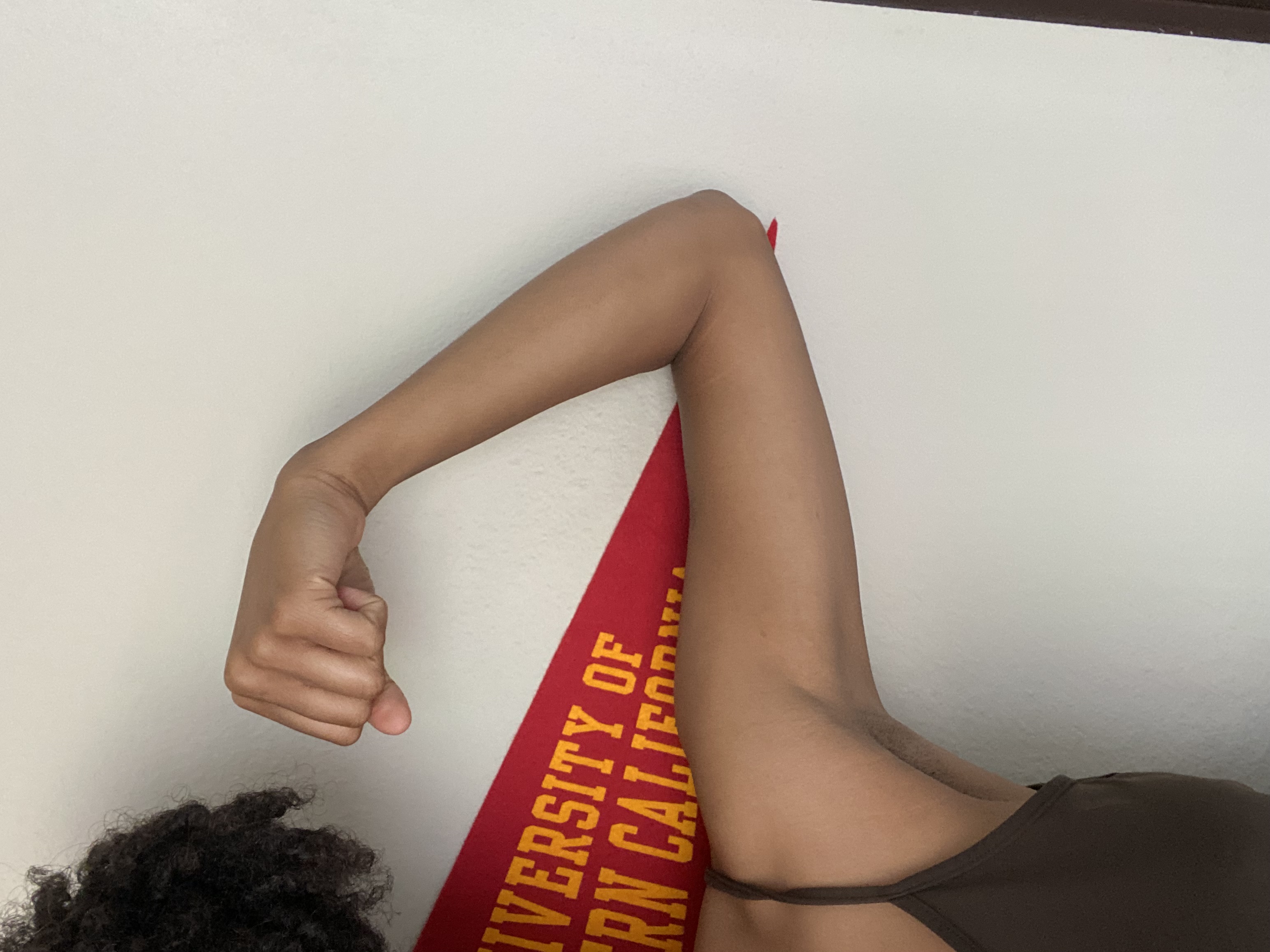Text
Happy llama
Sad llama
Mentally disturbed llama
Super llama
Drama llama
Big fat mama llama
Llama llama llama llama
Duck
Coyote
Giraffe
Elephant
Background
The informant learned this song while attending an elementary school in the orange county area. She said that she and her friends would sing the song to a handshake similar to patty cake followed by hand gestures that represented the animals they chanted at the end. They would also occasionally sing it while playing jump rope.
Context
The informant goes to college in Southern California and grew up in Orange County. She attended a reputable public school in the orange county area.
Thoughts
The song itself is not particularly significant and was most likely just used as a form of entertainment on the playground. However, as the informant was sharing the song with me, several of her friends who were in the room chimed in, saying that they also knew the song but knew different versions of it. All of the girls grew up in very different areas across the country, so it is interesting that this song was able to be passed along such vast distances. Additionally, the version of the song that a person knows might be a way of indicating what school he or she went to or where he or she grew up. In this way, the version song is a representation of the specific culture it is performed at. Upon doing further research, I found a version that replaced “mentally disturbed llama” with “totally rad llama.” The concept of being “mentally disturbed” is a little dark for a children’s rhyme and it could have been edited out of other cultures’ versions for this reason. If this is true, it would say something about what that culture deems acceptable and unacceptable for children.
For another version of the song, please go to: https://campsongs.wordpress.com/2012/05/04/llama-song-the-one-with-actions/
Other version:
Happy llama / upright llama
Sad llama / point llama down
Totally rad llama / turn llamas on their side towards each other and shake up and down
Super llama / scoop llamas upward
Drama llama / make llamas kiss
Big fat momma llama / join llamas together by by putting two pointer fingers down
Baby llama / place llamas on dimples
Crazy llama / circle llamas around your ears
Don’t forget Barack Ollama / scoop llamas upward
Fish, fish, more fish / place right hand out, palm down, then left hand on top, roll hands around each other on “more” and return them to original position on last “fish”
Turtle / Hands together, palms down
UH! / pull turtle into stomach
Unicorn / make horn on head
Peacock! / put arms out to side with fingers spread like feathers

